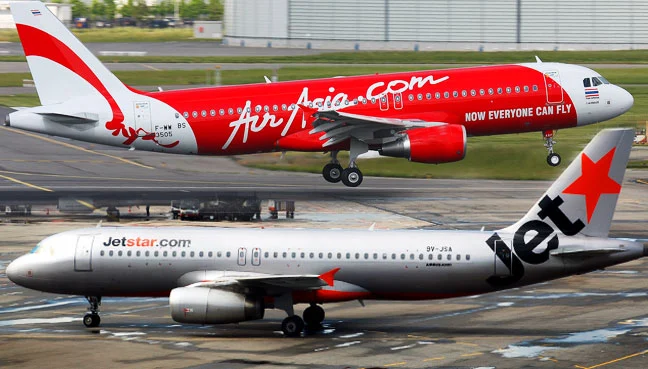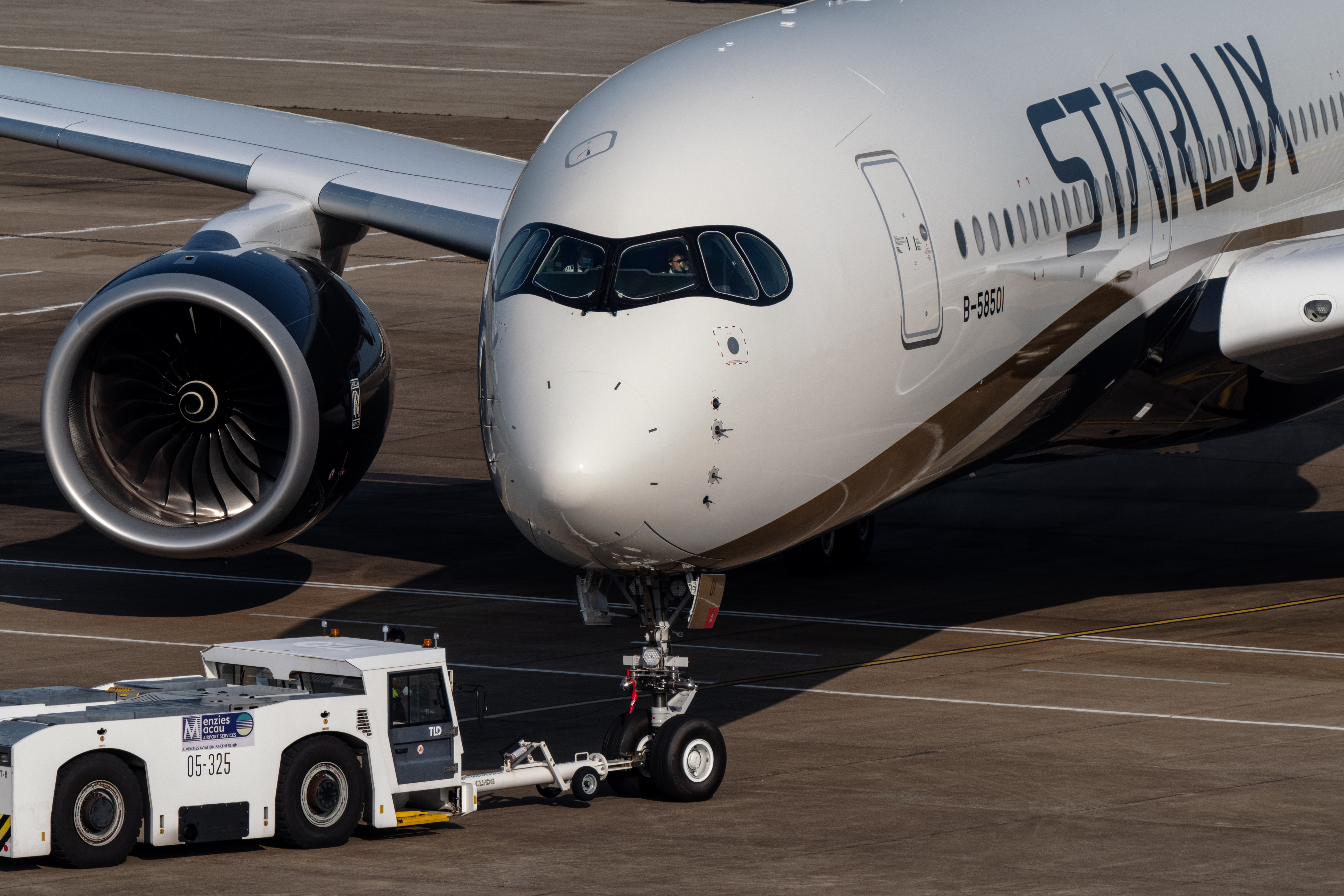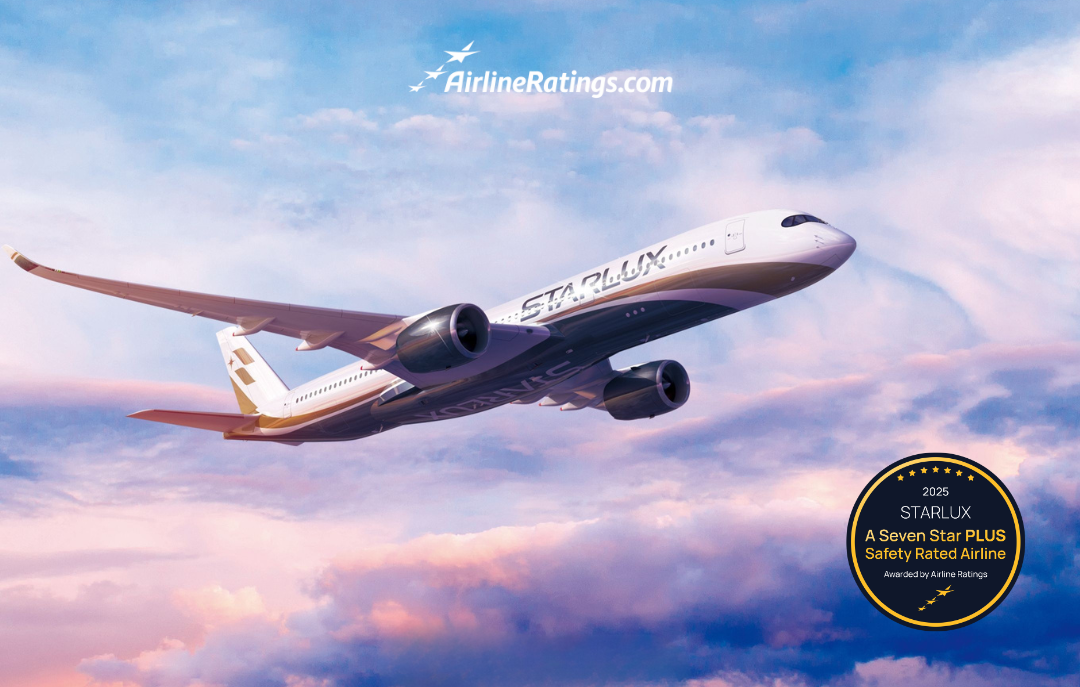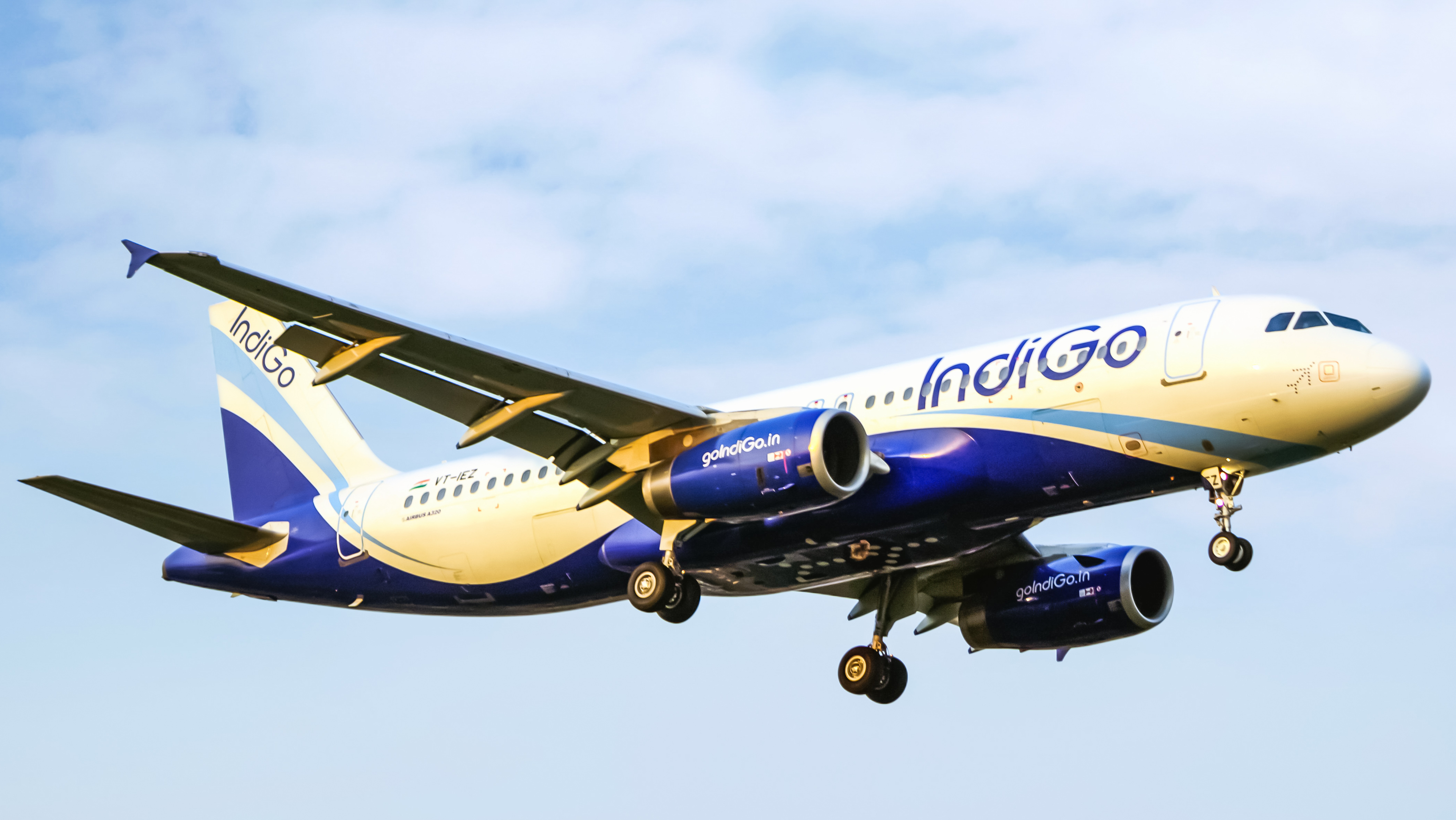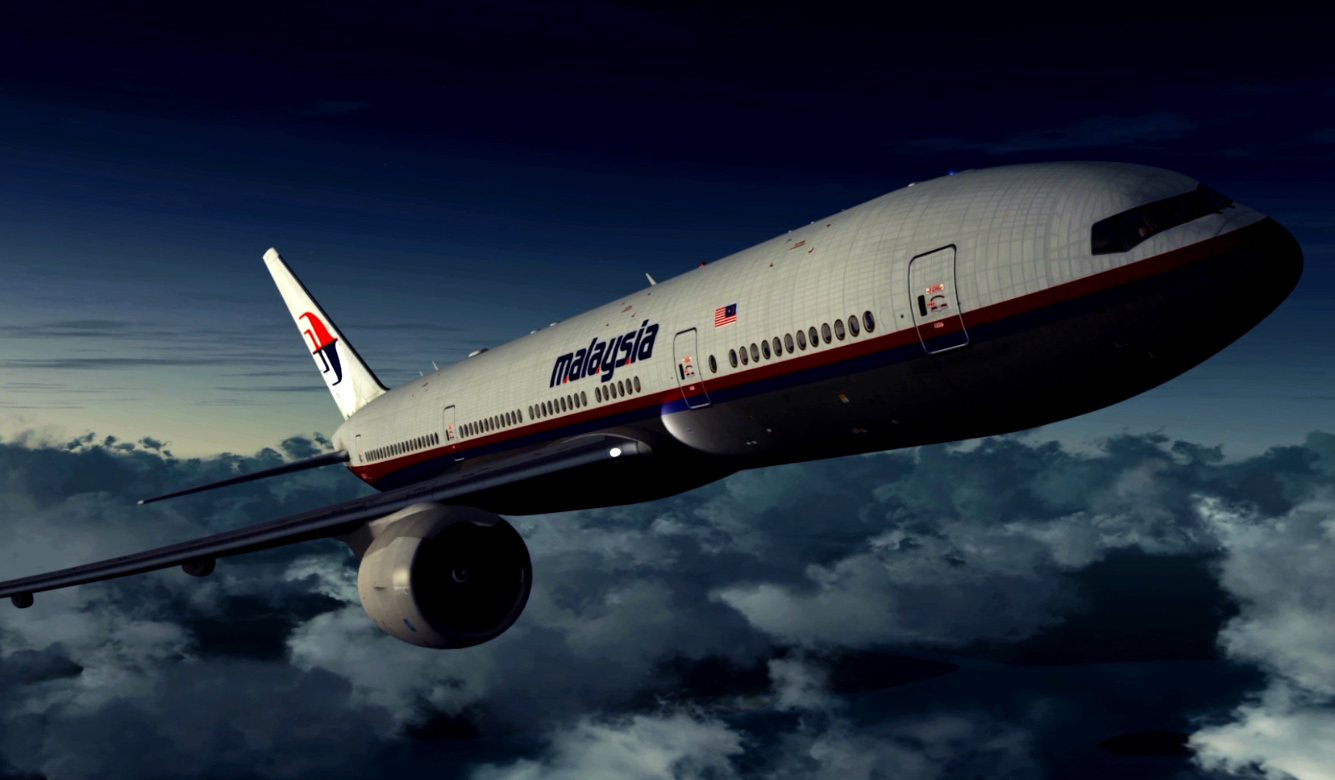By Steve Creedy
Published Mon Jan 04 2021
Airlines have been lobbying for a COVID testing regime and those flying to New Zealand and Canada will soon have one — but not in the way the industry expected.
Airline lobby groups such as the International Air Transport Association have been calling for a global testing regime to replace mandatory quarantine in a bid to boost international flying.
But as airlines continue to carry passengers infected with COVID and new variants emerge, Canada and New Zealand are requiring travelers coming from abroad to take a pre-flight test in addition to mandatory 14-day quarantine periods.
READ: Qatar questions A380 environmental sustainability.
New Zealand announced on Sunday that all travelers to New Zealand from the US and UK will need a negative pre-departure COVID test from January 15.
The New Zealand regime will require travelers from the UK or US to have approved evidence, such as a written form certified by a laboratory, showing a negative polymerase chain reaction (PCR) test result in the 72 hours prior to departure.
And the government indicated there was more to come.
READ: Fewer air disasters in 2020 but more people die.
“Work is underway on similar measures for travelers using most other long haul routes to New Zealand,'' COVID-19 Response Minister Chris Hipkins said, noting most of the main transit hubs between Europe and New Zealand now have testing requirements.
"We expect to be in a position to provide more details within the next week – after we get a more complete picture of testing regimes and capabilities in overseas jurisdictions."
Hipkins said a detailed plan to put the new requirement into action in the UK and the US was being developed with airlines.
It would be widely communicated in time for January 15 via the Immigration NZ website and contact center, the SafeTravel website and airlines.
“The managed isolation and quarantine (MIQ) system remains the bedrock of our border security,'' he added.
The new Canadian protocol begins January 7 and requires travelers to Canada who are five years and older to prove they have taken a PCR test and received a negative result within 72 hours of boarding a plane.
The Canadian government is also increasing surveillance efforts to ensure travelers complete the mandatory 14-day quarantine period.
It said travelers would continue to have their quarantine plans, which must be lodged through the arriveCAN app or website, reviewed by a government official. They would be required to quarantine in a federal facility if these were deemed unsuitable.
There was also a warning of a heavy price for violating instructions for entering the country, with penalties of up to six months in jail and fines of up to $C750,000 ($US590,175).
"As the global situation evolves, we continue to work with our partners to help prevent the spread of COVID-19 into Canada at all international ports of entry,’’ Public Safety Minister Bill Blair said.
“The new testing requirement is an additional layer of protection that helps make Canada's border measures among the strongest in the world.
“The testing regime is not a replacement for the legal requirement to quarantine, which remains our strongest defense against the spread of the virus."
The announcement caught airlines off guard and was criticized by the National Airlines Council of Canada as rushed and disjointed.
The NACC called for the introduction of a coordinated and systemic testing regime in conjunction with industry.
Council president Mike McNaney said the government's announcement occurred without prior coordination with industry and “with many major operational and communication details still to be determined”.
“At a broader level, the announcement only addresses one element of the path forward – the utilization of testing to help further protect public health,’’ McNaney said in a statement.
“We strongly believe it must also be utilized in conjunction with measures to reduce quarantine levels, as is being done in countries all around the world.”
The number of coronavirus cases in Canada topped 600,000 on January 3, with almost 16,000 deaths, and estimates are that about 2 percent were brought in from overseas.
Canadian authorities continue to strongly advise against non-essential international travel.

